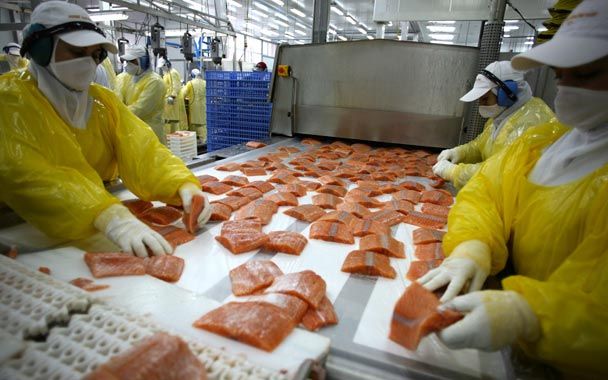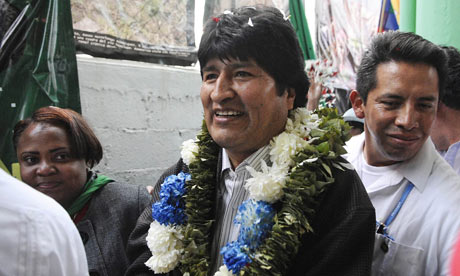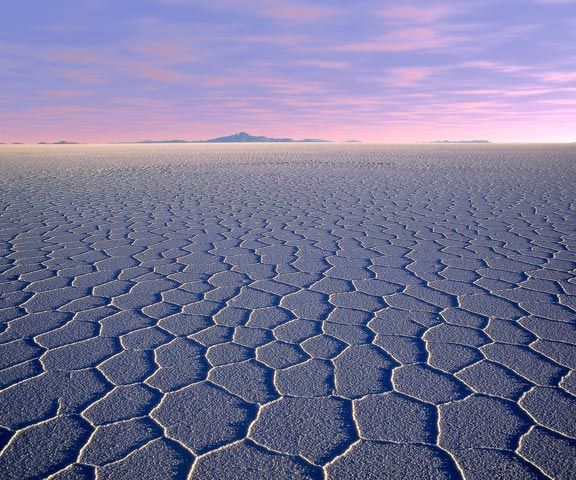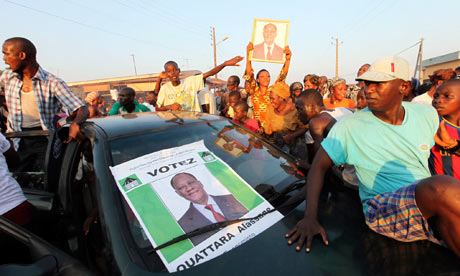
* U.S.: Despite strong efforts by Latino community and youth activists the U.S. Senate voted against final passage of the DREAM Act.
* Bolivia: On Friday, Bolivia became the latest Latin American country to back the recognition of Palestine as an independent state.
* Colombia: Ex-president Alvaro Uribe continues to face serious allegations related to a major wiretap scandal that makes Watergate look like a walk in the park.
* Venezuela: Less than a month before a new legislature is sworn in outgoing members of the National Assembly passed a bill granting President Hugo Chavez decree powers for 18 months.
* Central America: Costa Rica and Nicaragua accepted an offer by Mexico and Guatemala to mediate in a sometimes heated border dispute.
* Mexico: Staff at a Tamaulipas prison are suspected of aiding in the escape of over 140 inmates on Friday.
* Haiti: Organization of American States chief Jose Miguel Insulza supposedly requested that the Haitian government delay reporting the results of last month's presidential election.
* Chile: A French court sentenced fourteen former officials who served under the late Chilean dictator Augusto Pinochet for their roles in the "disappearances" of four Frenchmen.
Online Sources - The Telegraph, CBC, Insidecostarica.com, BBC News, The Latin Americanist, AFP, MSNBC, CBS News
Image - Damian Dovarganes/AP via CSMonitor.com ("Immigrants parents, students and others participate in a candle-light procession and vigil in support of the Federal DREAM Act in downtown Los Angeles on Dec. 7.")

























